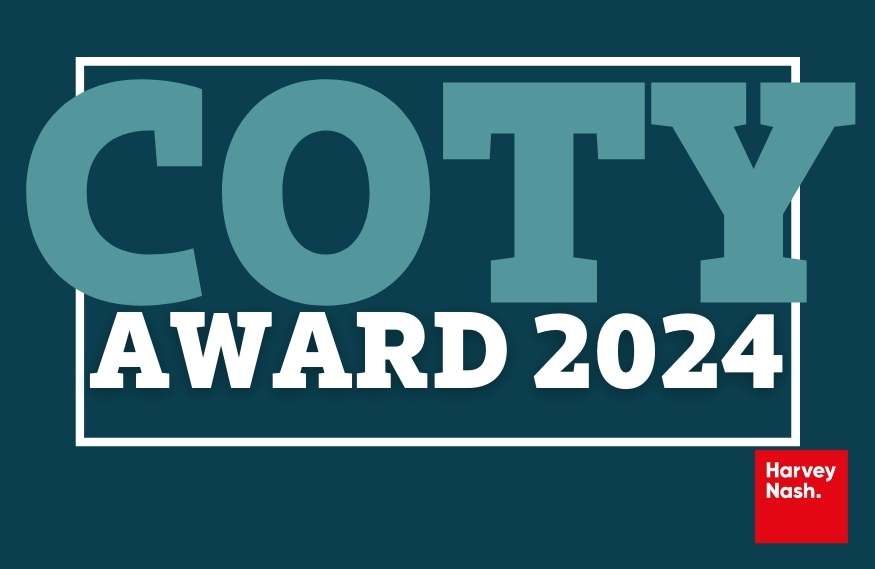Building a Team to Succeed
Putting a group of people in a room and calling them a team doesn't make them one. It certainly won't build them into a successful one.
Successful teams do not happen by accident, but rather they are built with purpose and commitment. Their success ultimately reflects in the performance of the business; successful teams are made up of energised employees, who feel valued and fulfilled, so that they are invested enough to continually seek out improvements until they achieve results.
This leads to productivity increases, which leads to customer satisfaction improvements and, ultimately, a business that will thrive, not merely survive.
How to Build a Successful Team
Managing the now - it's important to get a baseline of where a team begins, how it functions and where it fails in order to map the journey towards a better team... does the organisation invest in individuals and team building? Does the team consistently produce results? Does it operate to its full potential? Do team members seem self-aware, aware of each other's strengths and needs?
Importantly, is the leader aware of all this and the impact their own style has on the group?
Regardless of your industry or department, whether you're software developers or marketers, there are certain characteristics common amongst all great teams.
Characteristics of High Performance Teams
Managing strengths - be aware of not only how you work, and prefer to work, but be mindful of the individual styles of each member of the team. Each will have a slightly different style of communication and work. There will be strengths and weaknesses in each. The skill is in encouraging the positives to come to the fore, using them together to make the team stronger as a whole. At the same time, negating the weaknesses without singling out or demeaning team members is another vital component to strength management.
Manage roles - once strengths have been identified, the next step in building a successful team is to manage roles. This is more than job title or job descriptions. Research has shown that autonomy plays a major part in the satisfaction levels of teams, when individuals feel valued and trusted to be responsible for smaller elements of the wider work stream. Delegating tasks appropriately and often will address this building block.
Managing emotions - emotional intelligence is a significant factor in the success of workplace teams. Softer communication skills and the appreciation of feelings, and the importance of caring for team members' wellbeing will affect success as much as operational factors can. Alongside this sits atmosphere, another intangible yet vital element of the team's environment, which is built from the top-down through corporate mission and brand values to the very ethos with which the organisation conducts itself every hour, of every day, culminating in a feeling so often unnoticed unless it has gone wrong.
Managing obstacles - a positive environment and value base can be undermined by negative distractions within the team that should be openly and directly addressed to boost morale and trust. For example, do team members feel fairly treated? Are pay scales fair and transparent? Would team members' feel more positive with amended conditions such as flexibility, opportunities or training? Obstacles to positivity should be eradicated so the team can focus on the unit, their dynamics and each job in hand.
Managing communication - continual feedback, good and bad, allows for more natural, authentic, communication when problems do arise. Alongside constructive feedback, should sit regular acknowledgement and reward. Mutual respect organically grows passion and commitment within a team. Clear directives, negotiating skills and the use of brainstorming and group consensus for problems solving are all key factors in successful teams.
Managing goals - teams succeed when they work independently in trust, efficiently to each individual strength, but collectively towards common purpose goals. Setting these in collaboration, with input as well as directional steer, will ensure buy in. Likewise, the evaluation and measurement of success is crucial not just to team morale, but to the continual performance improvement.
Leadership in Successful Teams
Leadership - great leaders build, and lead, great teams. Leadership is part art, part science. Leaders may be born, not made, but great leaders can be crafted through the honing of skill and style through experience. Self-analysis is vital to success because it forces leaders to see their flaws through their team's eyes. There is no room for ego.
Successful teams, therefore, share six common characteristics:
- Clear and common purpose
- Defined roles
- Trusted leadership
- Effective processes
- Strong relationships
- Good communication
For more helpful news, tips and advice on developing your career or building a winning team for your company, CLICK HERE to sign up to our monthly newsletter.
ABOUT THE AUTHOR
Sonya Curley is Managing Director of Harvey Nash Ireland.
With almost 20 years' experience in recruitment, she is responsible for the development and execution of the company's strategy in Ireland, ensuring its growth by delivering top talent through strategic partnerships with Harvey Nash's clients.
Under her leadership, the company has experienced strong growth and earned a reputation as a leader in STEM recruitment.




